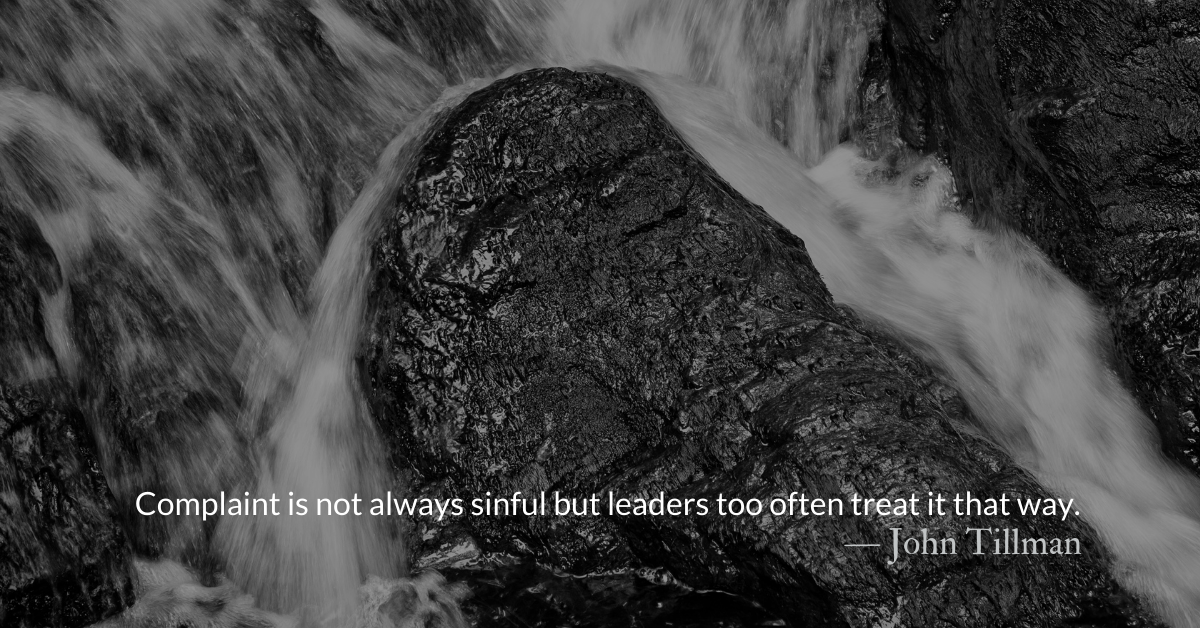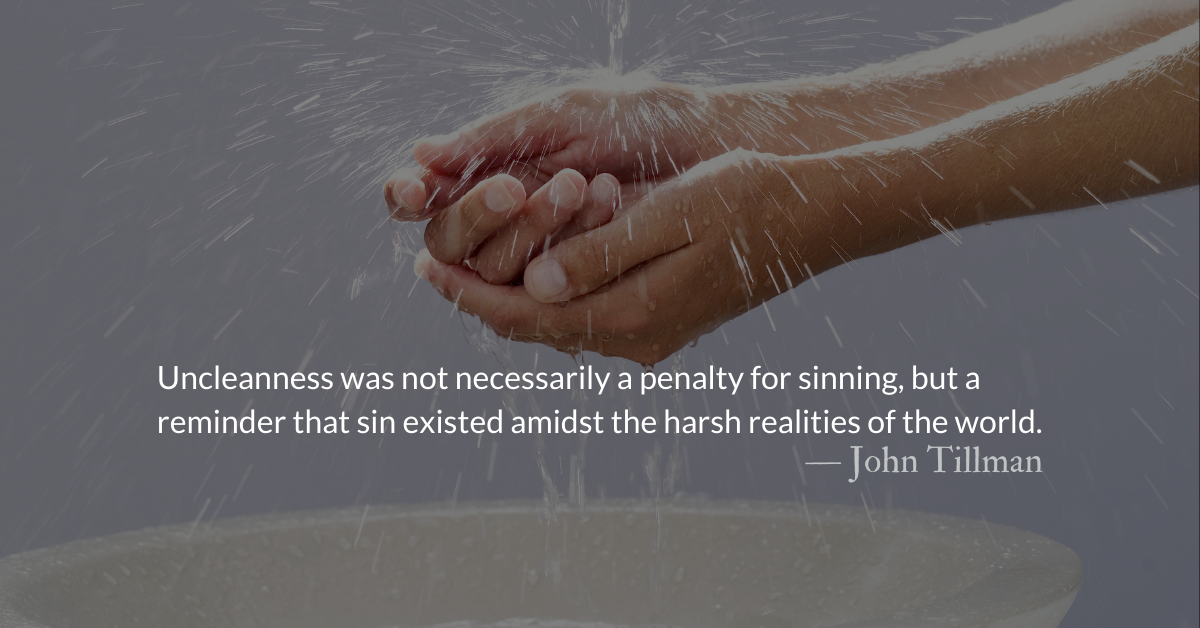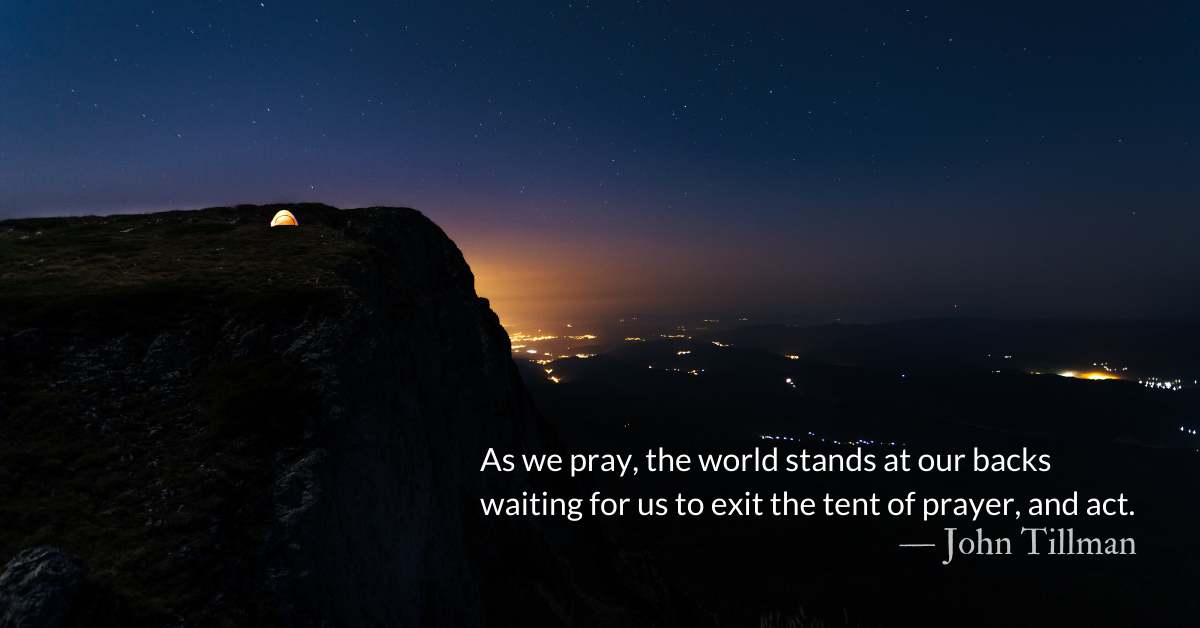Scripture Focus: Numbers 21.7-9
7 The people came to Moses and said, “We sinned when we spoke against the Lord and against you. Pray that the Lord will take the snakes away from us.” So Moses prayed for the people.
8 The Lord said to Moses, “Make a snake and put it up on a pole; anyone who is bitten can look at it and live.” 9 So Moses made a bronze snake and put it up on a pole. Then when anyone was bitten by a snake and looked at the bronze snake, they lived.
Psalm 60.1-5
1 You have rejected us, God, and burst upon us;
you have been angry—now restore us!
2 You have shaken the land and torn it open;
mend its fractures, for it is quaking.
3 You have shown your people desperate times;
you have given us wine that makes us stagger.
4 But for those who fear you, you have raised a banner
to be unfurled against the bow.
5 Save us and help us with your right hand,
that those you love may be delivered.
Reflection: The Antivenom for Sin
By John Tillman
With sin, as with serpents, it isn’t the size that kills you—it is the venom.
Venom is a specific kind of poison. Poison can be transmitted by touch or ingestion, like the poison on the skin of a poisonous frog or in a poisonous plant. Venom is a poison inflicted through a wounding attack, such as a bite or sting.
Venoms can cause necrosis, killing the tissue it is injected into. Many cause vomiting, hemorrhaging, seizures, heart failure, and other deadly symptoms. Many venoms also cause blindness, paralysis, or disorientation, making victims easier to kill by other means.
Through the serpent in the Garden of Eden, humanity was stung by sin. Its venom necrotizes our spirit, disorients us, blinds us, and makes us easy victims to be toyed with or killed by our adversary, the devil. (1 Peter 5.8)
Contrary to popular belief, venom cannot be sucked out of a wound. In most cases, the surrounding tissue is flooded with venom and it is nearly instantly carried through the bloodstream. Antivenom must be taken. In some cases antivenom must begin to be administered within minutes of being bitten or the victim may not survive.
We cannot save ourselves from the venom of sin. It inevitably will cause our death and many other harms in our lives. The venom that pained and even killed some of the Israelites was a direct consequence of sin and a realistic representation of how the venom of sin infects our bodies and communities.
When the Israelites looked to the sign of the serpent, they were looking in faith at God’s promise of an antivenom for sin. Every heel struck by a serpent in the Israelite camp was healed not by looking at the serpent but by the bruised heel of the one promised to Eve in the garden. (Genesis 3.15; Isaiah 53.4-5)
Jesus was struck by sin, stung with its venom, and raised up as a sign of God’s provision. Sin wounds us. He is the balm. Sin injects venom that necrotizes our souls. Jesus injects us with the antivenom of his indestructible life.
No matter what we have done, or what sin we are struck by, Jesus is lifted up for us to look to for salvation. (John 3.14-18) There is no sting of sin too grievous for him to heal.
Jesus is the only antivenom for sin and we are commanded to lift him up so that the world can be freed from the sting of sin and death. (1 Corinthians 15.54-57; Isaiah 25.7-8; Hosea 13.14)
Divine Hours Prayer: The Call to Prayer
Taste and see that the Lord is good; happy are they who trust in him! — Psalm 34.8
– Divine Hours prayers from The Divine Hours: Prayers for Springtime by Phyllis Tickle
Today’s Readings
Numbers 21 (Listen – 5:03)
Psalm 60-61 (Listen – 2:27)
Read more about The Cup
Christ’s death and resurrection is the assurance and archetype for our own hope: the greatest evil turned for the greatest good.
Read more about Quotations from the Desert
Christ…locked eyes with the serpent upon whose head his heel would soon step down with infinite crushing weight.






